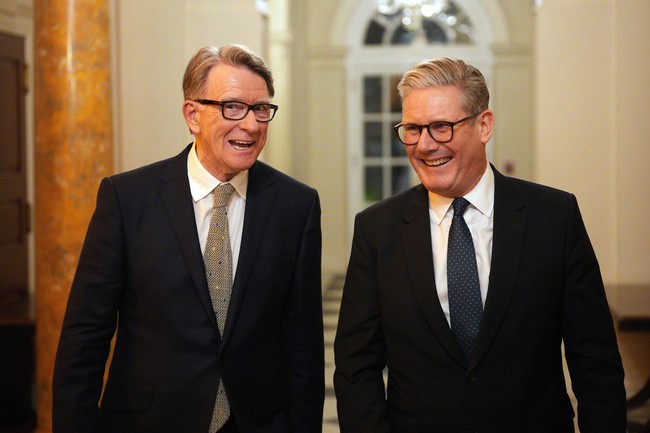
There may be good news for Americans who paid Trump's "emergency" IEEPA tariffs: The Court of International Trade, which ruled the tariffs illegal before The Supreme Court concurred, has relevant experience dealing with a similar situation:
-- CAV
Nearly 30 years ago, the Supreme Court invalidated something called the Harbor Maintenance Tax as it applied to exported goods. There were as many as 100,000 potential claimants after the high court's March 1998 decision. It fell to the trade court to handle the refunds question. By late 2000, businesses had received more than $730 million. A central figure back then remains a key trade court judge today.This is good news, and somewhat amusing, as it is a direct result of the Trump Administration attempting to delay paying the refunds. The court in that case sent the matter of how refunds would be paid to the CIT.
Judge Jane Restani, a Reagan appointee with a fondness for hiking, sat on the original three-judge panel that heard the challenge to the harbor tax and was then assigned to devise an orderly process for administering refunds after it had been in effect for more than 10 years.
With hundreds of cases before the court, she zeroed in on one test case to govern them all.
"When we had the experience with them back then, it worked out," said lawyer Brian Goldstein, who represented the retail conglomerate that challenged the tax, the U.S. Shoe Corp. "I do believe that the court will, together with the party litigants, fashion a program and process of refund. I don't know how long it will take."
-- CAV
José Ortega y Gasset (1883–1955) was of the generation before deconstruction, but I was stuck by these comments on post-Kantian German Idealism: “never before has a lack of truthfulness played such a large and important role in philosophy” And: “They did whatever they felt like doing with concepts. As if by magic they changed anything […]
Next Page of Stories



